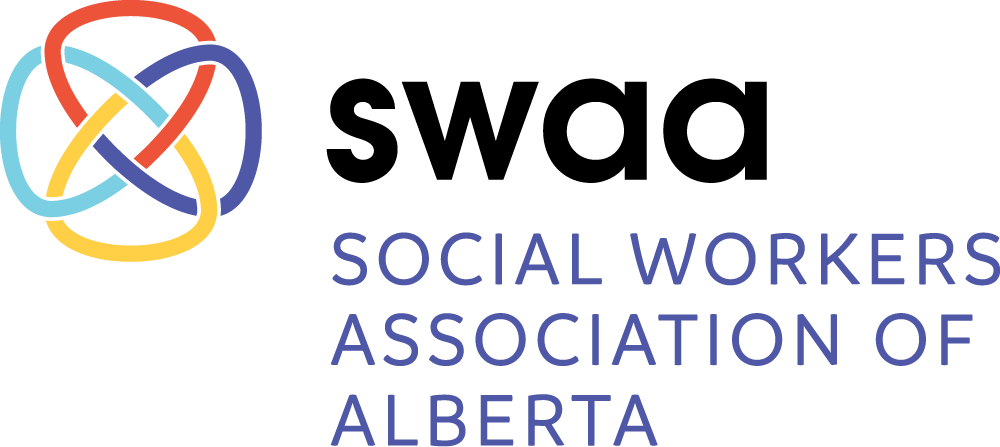Red Dress Day – May 5: Honouring Missing and Murdered Indigenous Women, Girls, and Two-Spirit People (MMIWG2S)
Red Dress Day, observed each year on May 5, is a National Day of Awareness for Missing and Murdered Indigenous Women, Girls, and Two-Spirit people (MMIWG2S+) in Canada. It is a solemn reminder of the ongoing crisis of gender-based and colonial violence disproportionately impacting Indigenous communities.
The red dress, often seen hanging in windows, trees, or public spaces, has become a powerful visual; an empty garment representing lives violently taken or still missing. It represents the thousands of Indigenous women, girls, and Two-Spirit people who have gone missing or been murdered, many with little to no justice or closure for their families. The empty garment calls us to pause, to grieve, and to demand that these lives be seen, heard, and remembered.
This day is not only a moment of reflection... it is not only about remembrance. It is a collective call for accountability, for systemic change, and for the safety of Indigenous women, girls, and 2SLGBTQ+ people. Indigenous communities have long sounded the alarm about the violence they face, yet the crisis persists. Indigenous women are 12 times more likely to be murdered or go missing than non-Indigenous women in Canada. These are not isolated tragedies. They are the result of a long history of colonialism, racism, sexism, and institutional neglect.
Red Dress Day reminds us of the urgent need to listen, to act, and to honour the voices of Indigenous families and survivors, not just today, but every day.
As social workers, we can’t ignore the harm our profession has played in upholding colonial systems. Acknowledging this truth is part of doing better. CASW Issued a Statement of Apology and Commitment to Reconciliation. Real change requires action from all of us. We each have a role to play, whether that means listening more deeply, learning from Indigenous voices, advocating for systemic change, or supporting the grassroots work already being done in communities.
Written by Evetta Solomon
Resources for Action and Advocacy:
Native Women’s Association of Canada (NWAC) Safe Passage Project: Explore Safe Passage
A Statement of Apology and Commitment to Reconciliation from CASW
Reclaiming Power and Place – Executive Summary of the National Inquiry
Ontario Native Women’s Association (ONWA): Programs and advocacy for Indigenous women and families
Amnesty International - Stolen Sisters Report: Landmark report on systemic violence against Indigenous women in Canada
